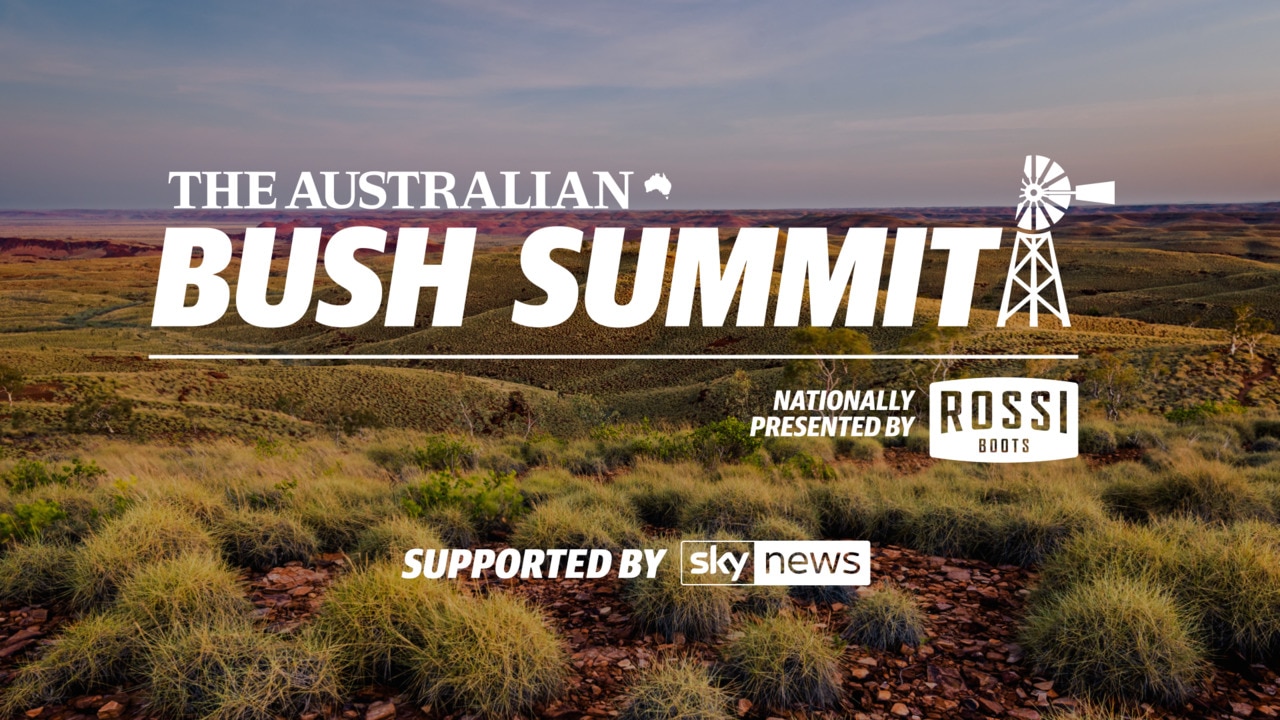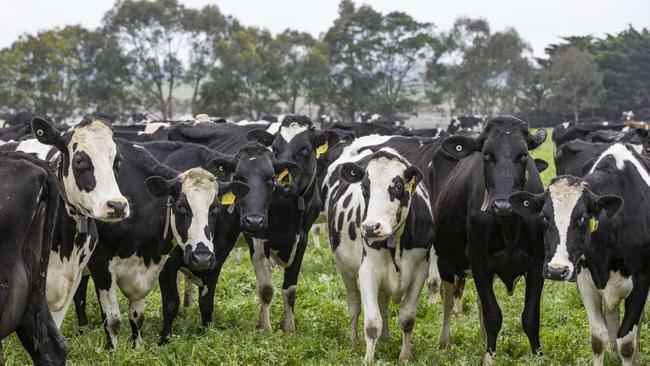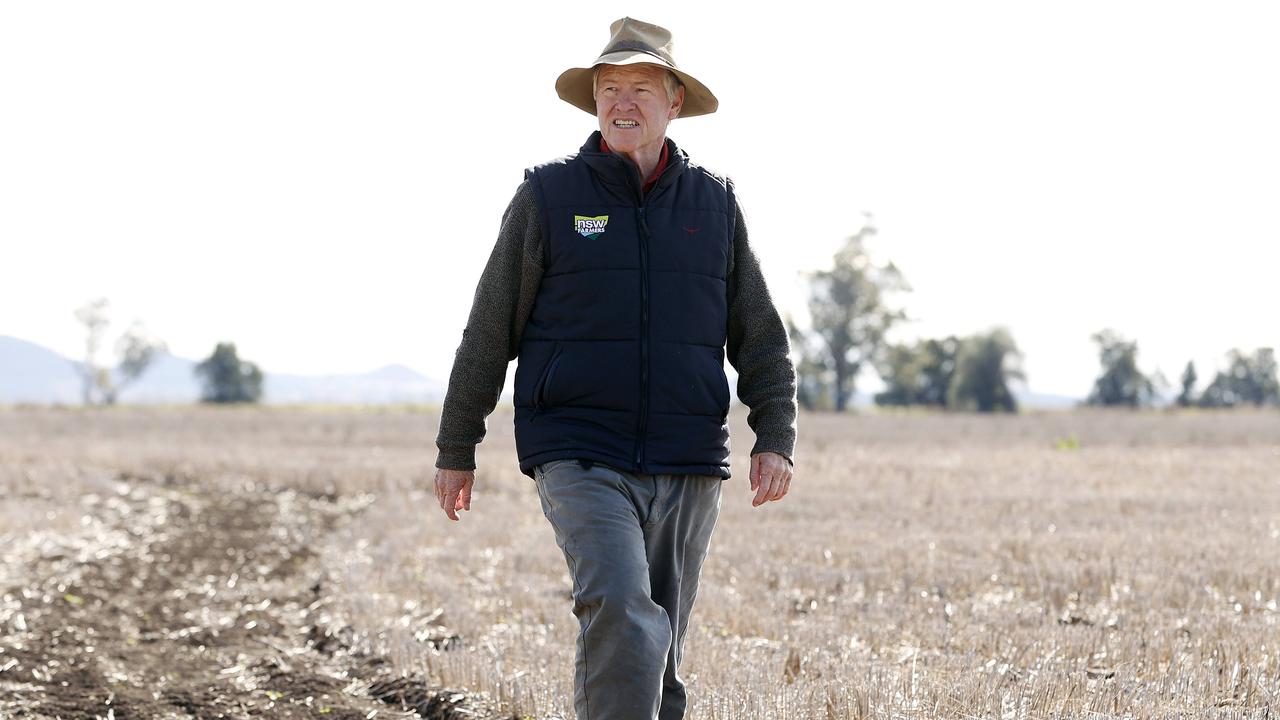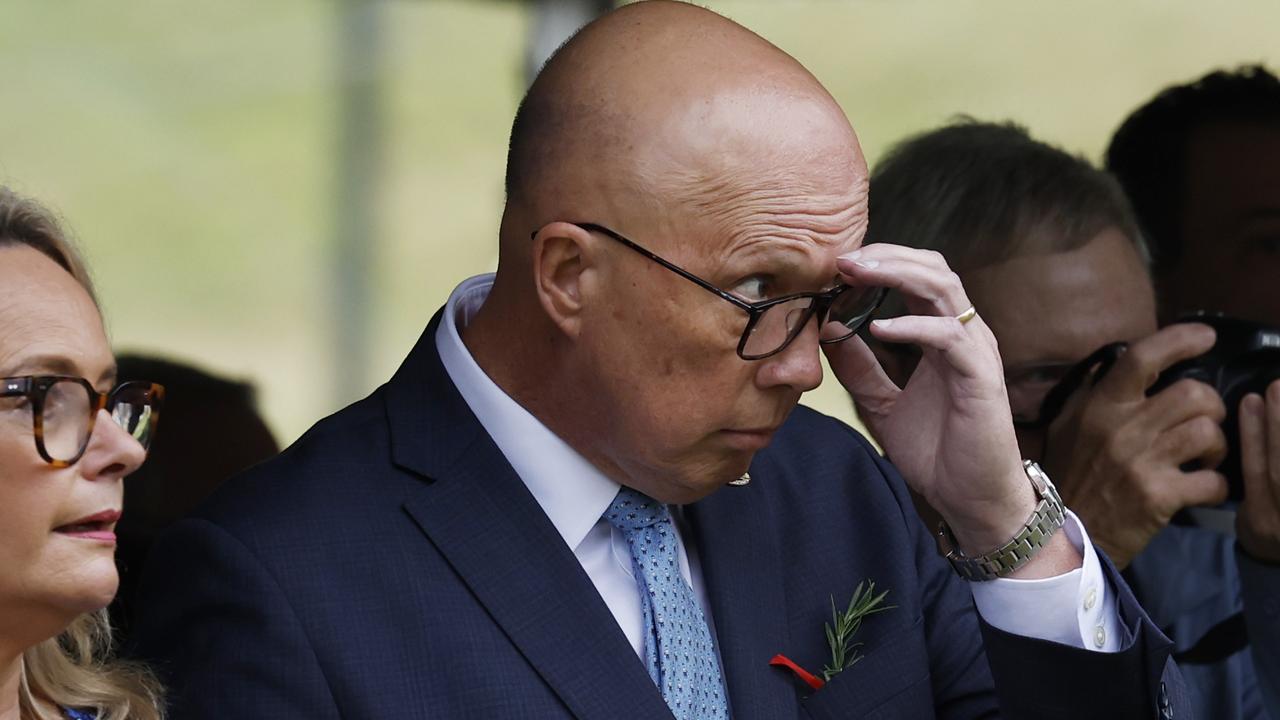Sam Birrell: dairy is caught in crossfire of supply and demand
Sustainability in agriculture isn’t just about environmental sustainability, writes federal Nationals MP Sam Birrell.

In 2017, in the second year of my MBA course at Latrobe University, there was an interesting discussion among students and lecturers around the responsibility of businesses – not only to their shareholders in the immediate term, but to ensuring conditions for future performance. The discussion was about sustainability. Not sustainability so much in terms of green credentials often posted on websites, but the serious ability of a business to sustain itself as a profitable entity.
Here the discussion turned to milk prices offered to farmers by dairy processors (an example I offered, being a Goulburn Valley resident). I asked the question: is it in the interests of a business to reduce its input costs (read: milk) to maximise immediate profitability to shareholders, if doing so risks the long-term supply of that essential input?
In other words, if pricing signals sent by dairy processors encourage more farmers out of the industry, the inevitably reduced milk pool will see supply problems and increased cost in the future. Good for the farmers who are left, but not so good for the milk processing businesses.
This is what we saw during the 2016-2017 seasons. Many farmers, facing lower prices, left the industry, creating a reduced milk pool. Higher competition for milk saw prices rise for processors.
Those prices are reduced this season, giving us a milk price that, while historically on the higher side, comes at a time of rising input costs for farms that are negatively affecting productivity.

The farmers are saying, quite rightly, that they need higher prices to stay profitable. The processors are saying that due to global commodity prices and the risk of imports, the current offer is all they can pay. The federal government, with its inept approach to agriculture generally, pursues policies in energy, industrial relations and irrigation water that make it much harder for everyone to succeed in business.
It is not just the dairy industry. SPC has reduced volumes of fruit they will take from growers in coming seasons, in an understandable reaction to the challenge of cheap foreign imports combined with a cost-of-living crisis.
The market for Australian produced processed fruit is expected to stabilise (mainly because it is a superior product) but if the growers have pulled the trees out in the meantime, the supply base for SPC is reduced.
The reality is that we are all in it together. Processors need to offer a price that means farms remain profitable and continue to offer that milk supply into the future. Farms need to understand they compete in global markets and adapt leading technology to widen the gap between input cost and revenue.
So far as I can see in the Goulburn Valley, this is happening. Governments need to be focussed on policies that ensure businesses, whether they be farms or factories, have the tools they need to succeed. On this score, the current Federal government needs to do a whole lot better.
Sam Birrell is the federal Nationals MP for Nicholls.




